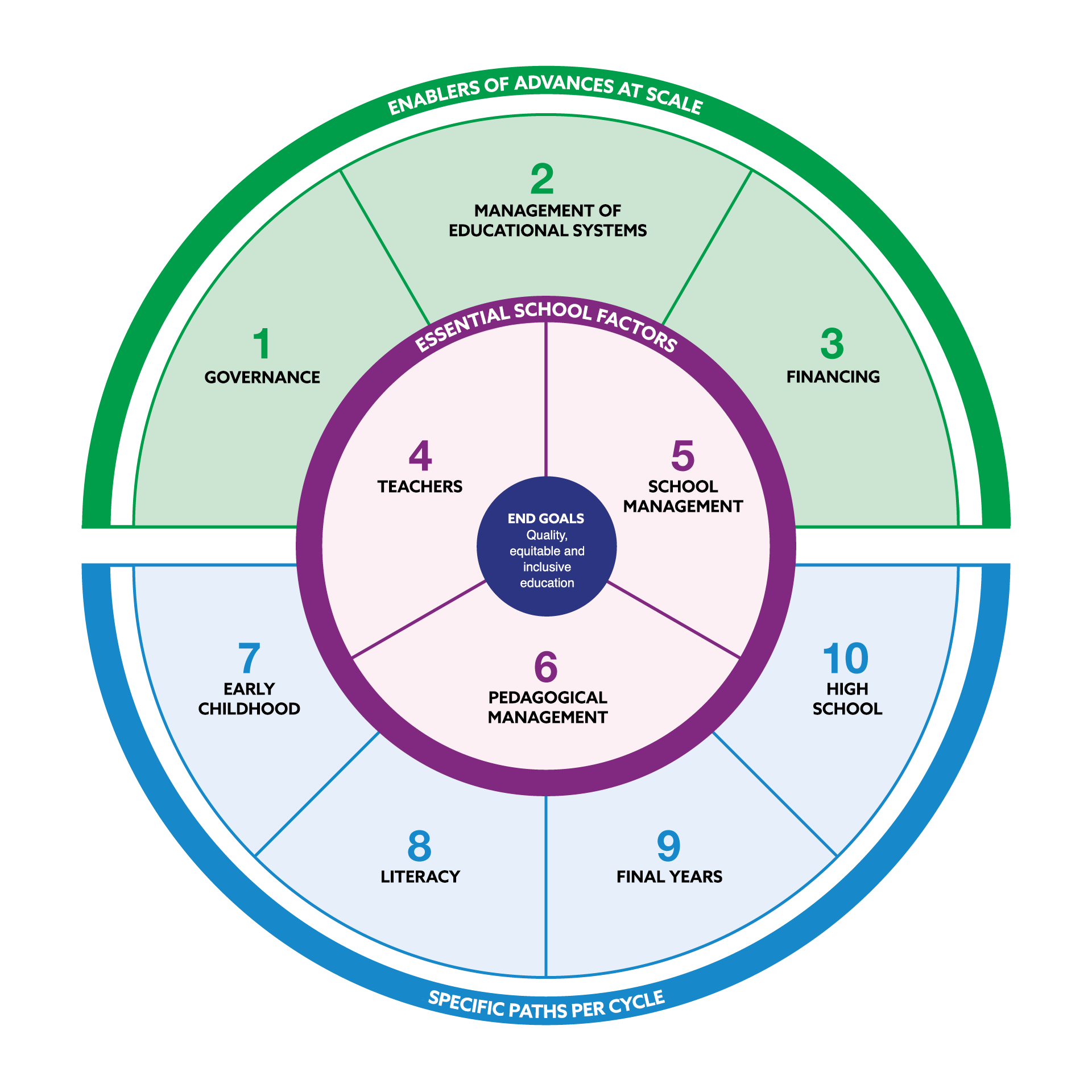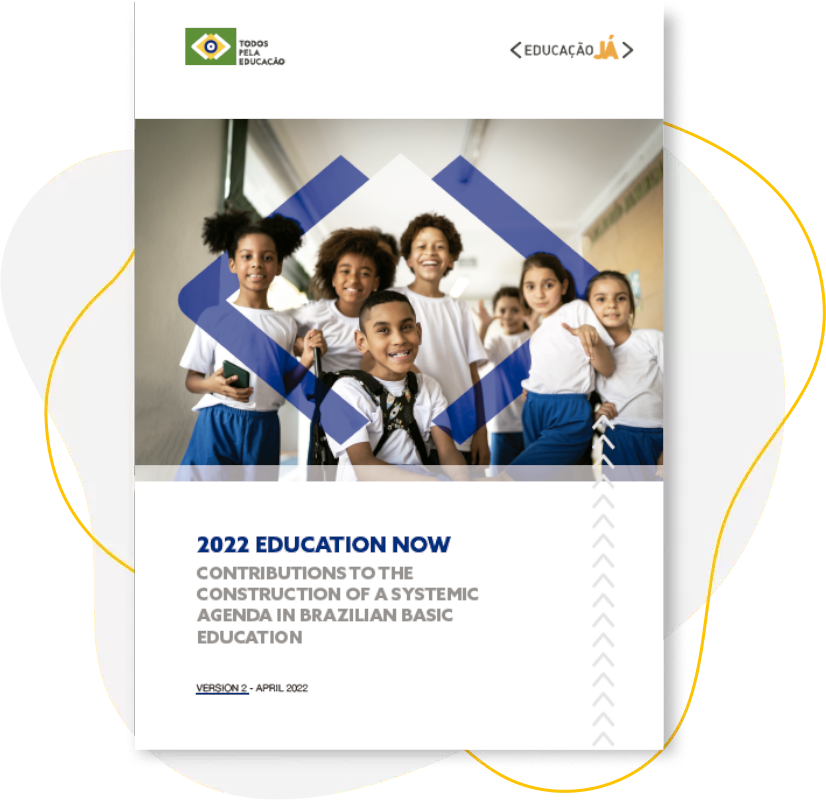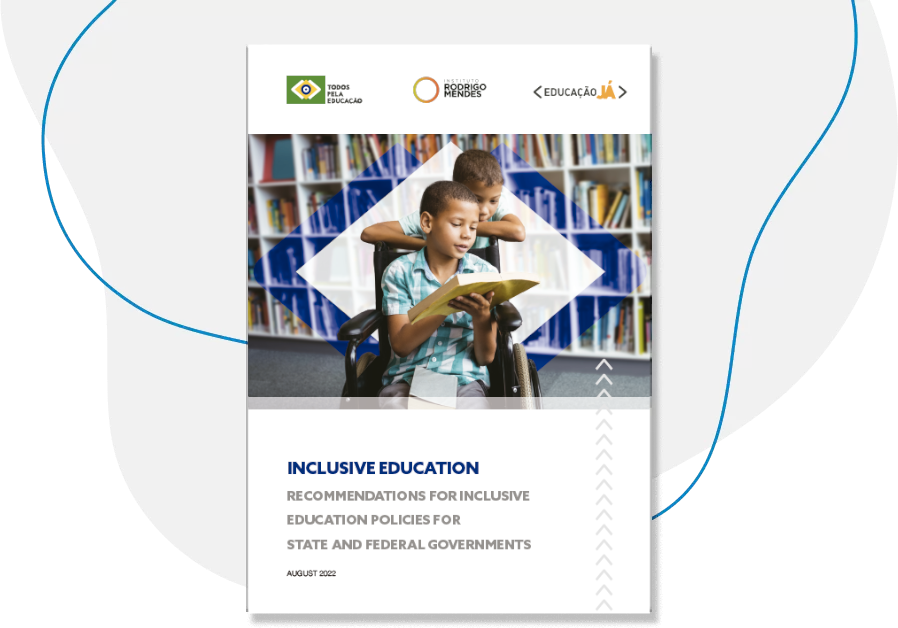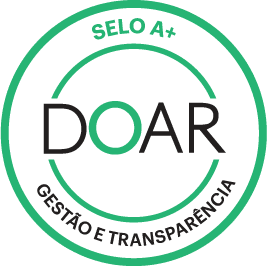Educação Já: An agenda for Brazil
The time has come for a real commitment to bring quality education to everyone.
Educação Já (Portuguese for Education Now!) is a technical-political production which was a team effort. The fruit of extensive debate and studies of educational policies, the document presents contributions to the elaboration of a systemic plan for Brazilian Basic Education in the next federal and state administrations.
In 2022, the year of its launch, Educação Já is already Todos Pela Educação's main object of political coordination to take candidates an Educational proposal that leaves no one behind!














